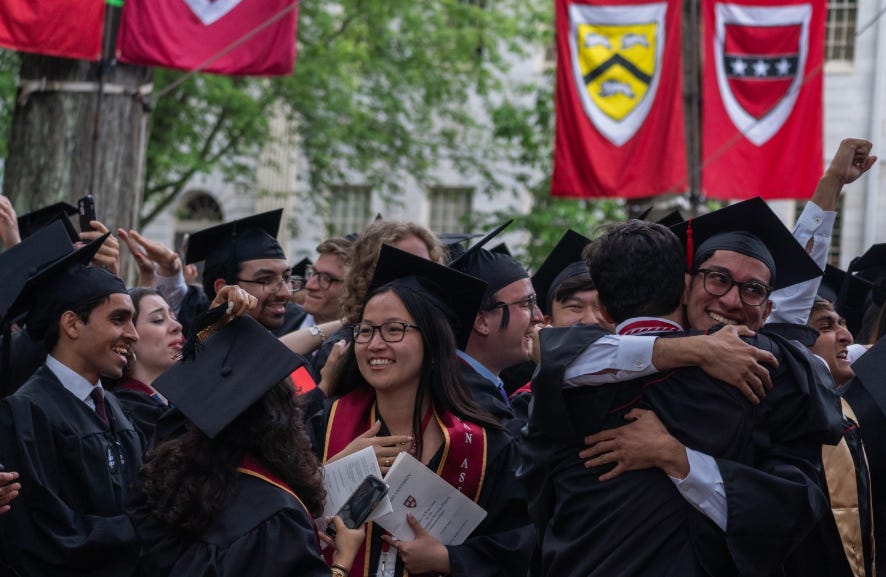In small daily decisions, students replace human interactions with AI. A recent Harvard Business School study found some of AI’s top use cases include “companionship and therapy” — domains traditionally dominated by humans.
Research notwithstanding, I have anecdotally observed this amongst my peers at Harvard. I see my friends ask ChatGPT personal questions rather than sharing with a peer or family member.
A friend of mine opted to ask ChatGPT for a banana bread recipe instead of calling her mother. Students skip office hours or elect not to speak with their professor and instead use large language models for classroom assistance. Situations that once were opportunities for connection have become solitary pursuits.
I catch myself falling prey to this mode of thinking too: Why would I bother someone else if I can figure out the question myself — or with GPT? This logic is a natural outgrowth of an artificial intelligence era where all knowledge feels accessible.
But we lose something immaterial when we turn to a computer — deeper learning and community.
Read more | THE HARVARD CRIMSON

